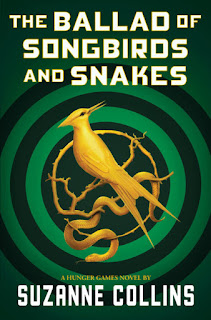This book is so particularly nuanced that to write about it at all would require a spoiler alert. I don't want to spoil it, so I'm going to be careful.
I believe the point of this story is to take the journey alongside Piranesi, the main character. You need to go on the ride too as an unexpected mystery pops up and finds resolution. For that reason, being careful means I won't talk about plot. I will say that this book is perfectly written and I enjoyed the flow of the story in the same way I liked Jonathan Strange and Mr. Norrell.
Piranesi explores the darkness of human nature and our innate need to find answers and make discoveries. It's also a book about survival, instinctive kindness, and the impact our environment plays in shaping us as people. It looks at faith from a purely spiritual perspective. There's no mention of G-d, but something deeper is out there. It's smart, thought-provoking, and just good.
I really enjoyed the complexity of this story and how it unfolded. There was a great juxtaposition of good and corrupt, selfish and selfless. It also postulated some interesting questions about identity.
I will mention though, speaking directly about the book, that Piranesi is written as a journal. This is particularly important because you end up really only getting the story from a singular point of view. However, this telling of the story, in a more uncommon way, is one of the primary reasons it's such a worthwhile read.

























